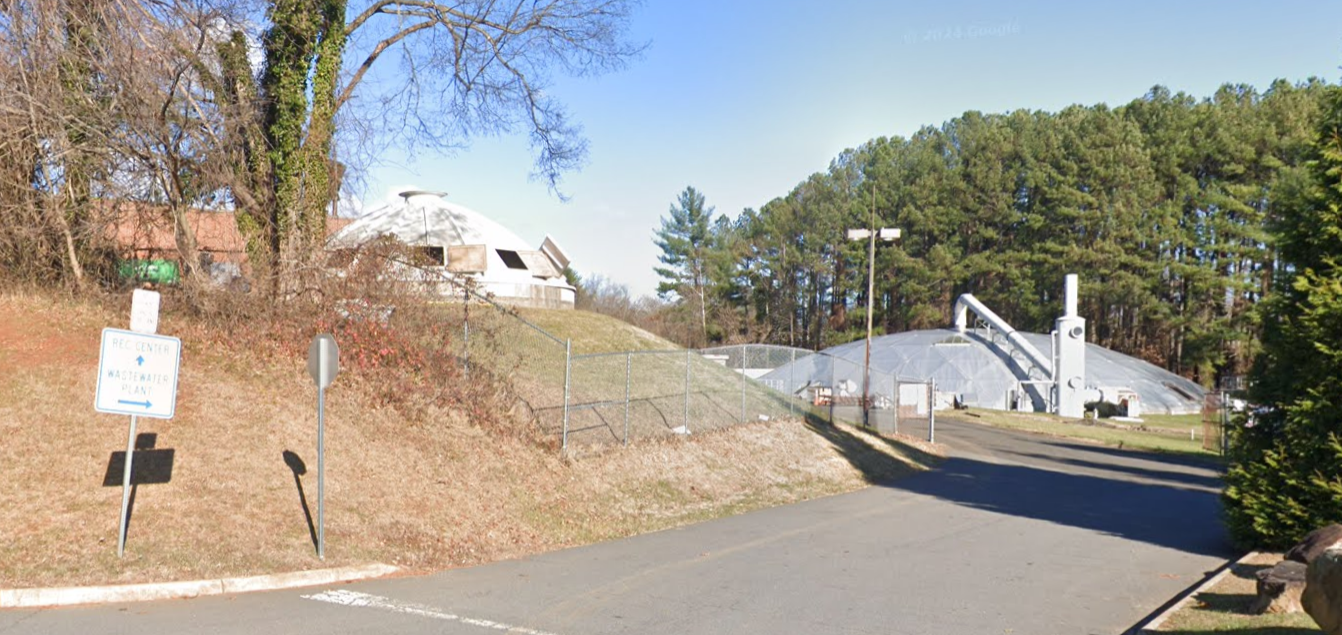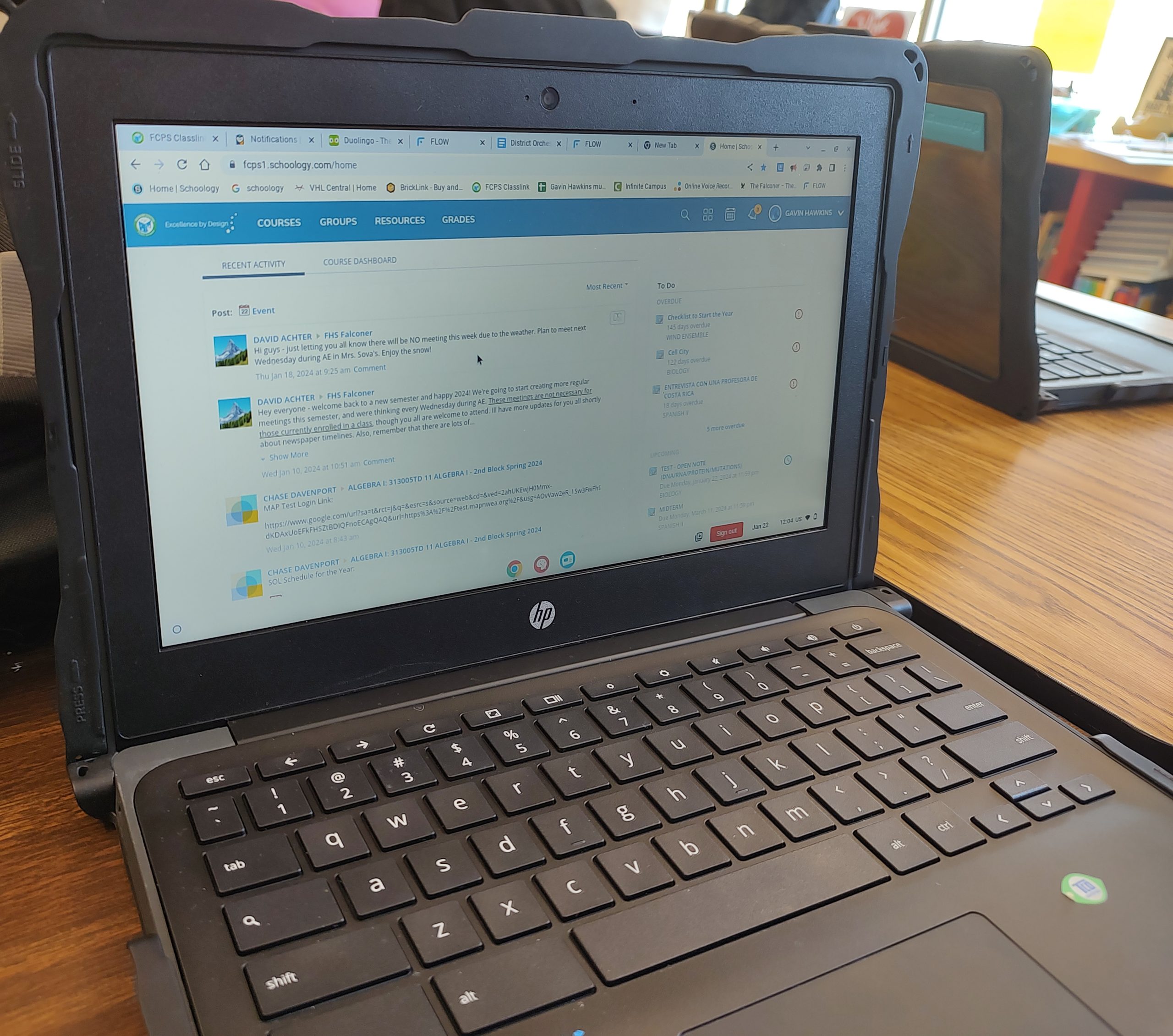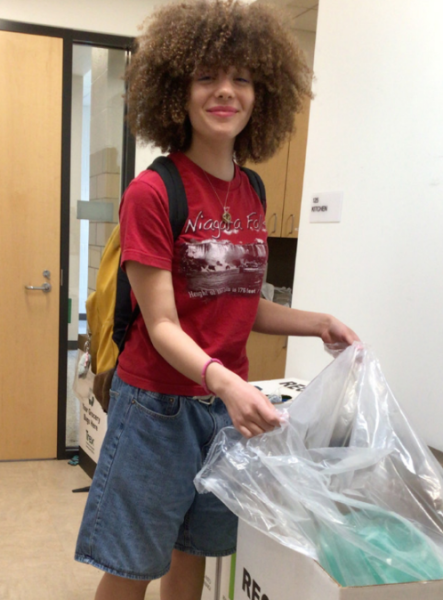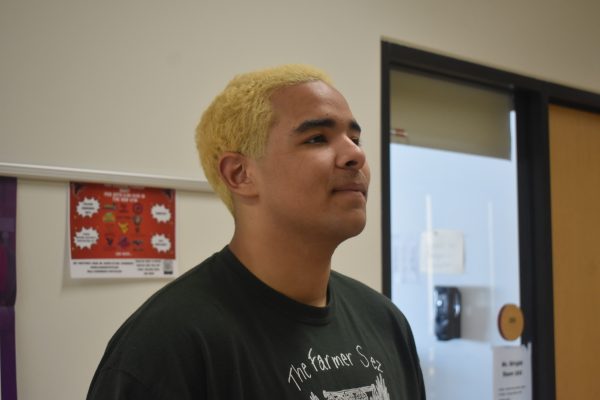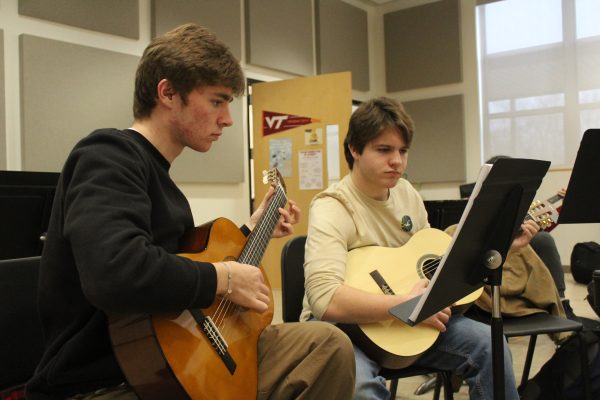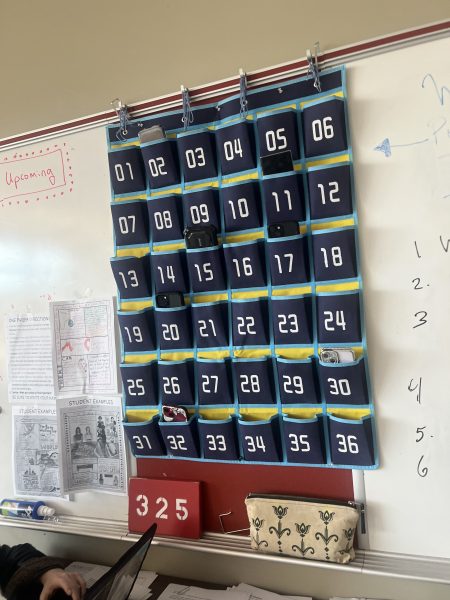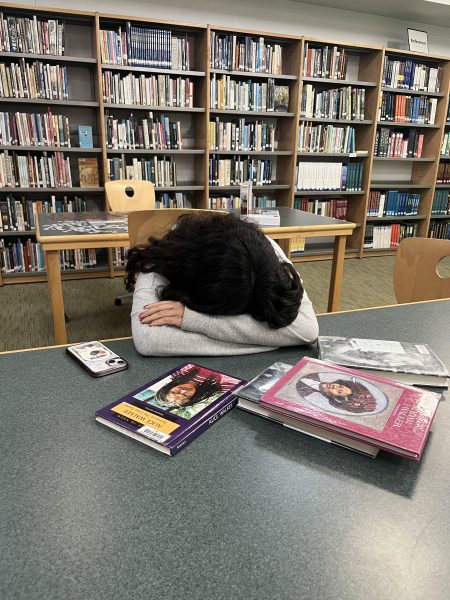School assignments with a side of summer
September 21, 2016
Summer is synonymous with relaxation, fun, and, of course, no school. However, this year, some honors and AP students were surprised by unexpected summer assignments that included books to read, and projects and online assignments to complete.
According to English teacher Cynthia Pryor, English classes previously had a tradition of summer work, and ninth and 10th grade English honors teachers decided to reinstate it. This summer, students were asked to read one book and respond to a quote from each chapter. They then had to complete a creative project that interpreted a theme or motif from the novel through an artistic medium, such as film, poetry, music, or painting.
“We decided to limit it to one book because we don’t want to overload students,” Pryor said. “We want to give them an enriching literary experience.”
AP history classes assigned work, as well; sophomores completed worksheets on European monarchies, nationalism, and the Industrial Revolution, while juniors completed an online assignment for AP U.S. History.
“This year I chose the OnBoard program from the textbook company because I thought it would be a good idea to introduce AP themes to students ahead of time, instead of after class started,” AP U.S. History teacher Liz Monseur said. “I thought that it might also give students some insight into what kind of assignments or topics to expect during the term.”
AP Environmental Studies teacher Jennifer Copperthite gave her pupils the option of completing work that would be assigned during the school year over the summer. Students could work on their map review, current events assignment, and make review cards for the AP test before school started to ease their workload.
“Some students kind of enjoy getting it out of the way, but for those who would rather enjoy the entire summer, they can do that instead,” Copperthite said. “This is stuff [they] could do ahead of time [and] get it out of the way so when the school year starts, there’s not as much to do at one time.”
For most underclassmen, this was the first time they’ve been asked to complete work over the summer.
“I’ve never had to do a project over summer before, coming from middle school, so that was definitely a new thing for me,” freshman Jessica Pain said. “I did learn a lot. It was a lot of work and a hard project, but I feel good about it now that it’s done.”
Parents were surprised, too. According to Larke Pain, Jessica Pain’s mother, summer assignments, like reading a book, can be a good way of keeping students educationally engaged, but too much work can take away from time spent with family.
“I think some work is a great idea, so it wasn’t totally negative. There was lots that she learned,” Larke Pain said. “[However] she had to give up family time in order to work on [the] homework, and that was hard. That was difficult to do.”
Upperclassmen who have taken AP and honors classes before were not surprised; it’s just a part of a challenging schedule.
“Honestly, I expected more because they were honors or AP classes,” junior Sophia Morales said. “I didn’t really mind it. It wasn’t that hard, just time consuming.”
Expected or not, students are not enthusiastic about summer work. Although most students said that summer work was manageable, they agreed that it caused stress, not only for the assignment, but for the school year ahead.
“I was definitely stressed out about it, and it got me worried about school and the workload I would be getting taking honors classes,” Pain said.
Multiple studies have shown that students tend to lose information and skills over the summer, up to two months in some cases, especially in math and reading. Many teachers value summer work not only as a way to combat summer learning loss, but also as a way to help students during the school year.
“[The] purpose is to ease the burden of the AP student’s workload during the regular school year, as three months simply isn’t enough time,” World History II AP teacher Charles Keith said. “But it is also intended to keep students’ minds active through critical thinking and creative output.”
Summer work can help students discover if honors and AP level work is something they really want to do.
“I think that it gives students an opportunity to get an idea of how much work will be involved in class and the nature of the work, as well,” Monseur said.
Pryor adds that summer work can give students an opportunity to formulate their own ideas of a text and work individually.
“Students sometimes underestimate their ability to explore and navigate new texts and ideas,” Pryor said. “They need more independent learning experiences.”
According to English Supervisor Steven Payne, teachers have a difficult balancing act to perform in deciding what work to assign and how much of it to give.
“They want to encourage a love for independent reading and learning, on the one hand,” Payne said. “On the other, they feel a need for student accountability through appropriately challenging and reasonable assignments.”
The lack of consistency in the rigor and difficulty of FHS’s summer work, as compared to the assignments at Kettle Run or Liberty, was somewhat controversial. According to Payne, ideally, representatives from the three high schools would collaborate on the required assignments, but, in reality, individual schools have the freedom to make site-based decisions.
“I think summer homework in a lot of cases is meant to introduce the subject, especially if you’re in an AP class,” junior Angelina Martella said. “It should be the responsibility of the teacher to get the students ready before the year starts so they’ll have some preparation.”
Payne plans to create a committee to analyze summer assignments before they are given out next summer.
“This fall, because schools have shown an interest in requiring, rather than suggesting, reading and assignments, I have decided to create a task force to study the issue well in advance of the end of the school year,” Payne said. “I envision including student and parent voices, as well as teacher voices in the conversation.”



